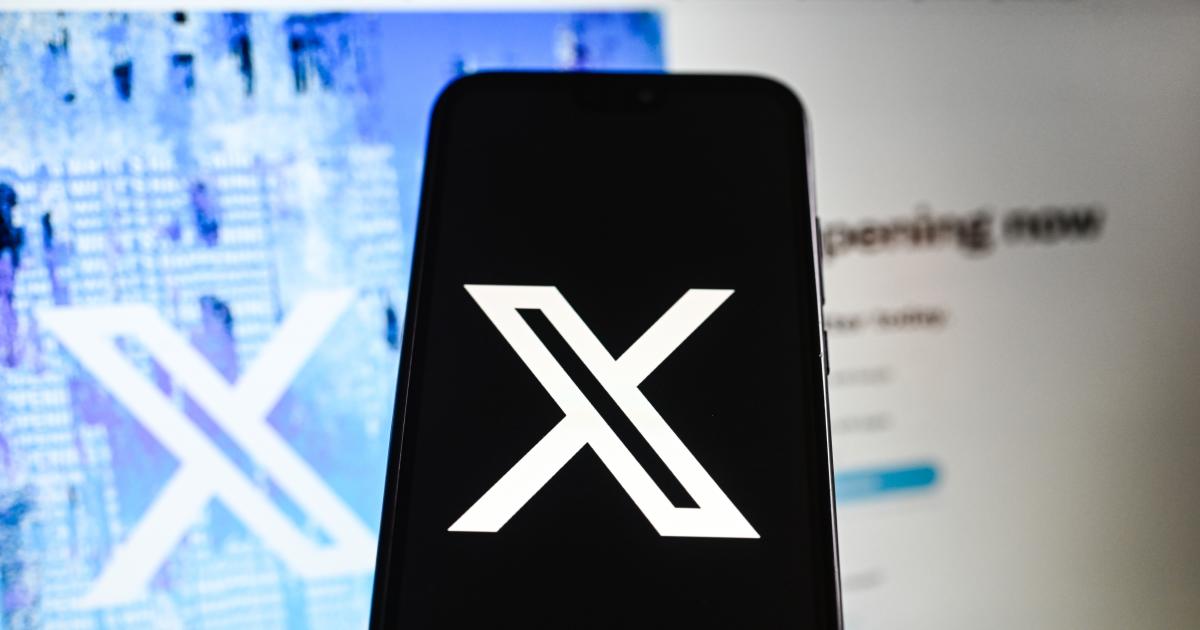X is giving advertisers new ways to have some control over what type of content can appear near their ads. The company formerly known as Twitter new “sensitivity settings” that allow advertisers to choose between different types of content filtering for their ads.
The new controls arrive as X is increasingly desperate to win back advertisers. The company’s ad revenue has dropped since Elon Musk took over as brands cut spending on the platform amid concerns about the rise of hate speech and other unsavory content. Since then, watchdog groups have reported several instances of ads from major brands being placed near accounts, and other users.
With the new tool, X says it “will use machine learning to reduce adjacency to varying levels of content according to a brand’s sensitivity threshold in an upcoming campaign.” For now, the two settings available to advertisers include “conservative” and “standard.” The company notes that all rule-breaking content is meant to be excluded from ads regardless of what advertisers have opted into.
X
Under the most restrictive “conservative” setting, ads would be excluded from appearing near “targeted hate speech, sexual content, gratuitous gore, excessive profanity, obscenity, spam and drugs” in the “for You” timeline. The “standard” option would avoid the same topics, but allow spam and drug-related content, according to an example shared by X. The company also plans to add a “relaxed” setting for advertisers who want to “maximize reach” of their ads with the fewest limits on what can appear nearby.
The update isn’t the first time X has introduced tools to promote brand safety. The company previously added other keyword-based that were also meant to limit ad-buyers’ exposure to problematic content. But those changes, introduced in December, seem to have had little effect on X’s ad business.
Though the company has repeatedly claimed that it has successfully the reach of hate speech on its site, researchers have said otherwise. Last month, Bloomberg that researchers at the Center for Countering Digital Hate (CCDH) indicating hate speech has surged, both in terms of sheer volume and in engagement, since Musk’s takeover of the company. X the findings and is now CCDH, alleging the group “illegally” scraped data.
This story originally appeared on Engadget

